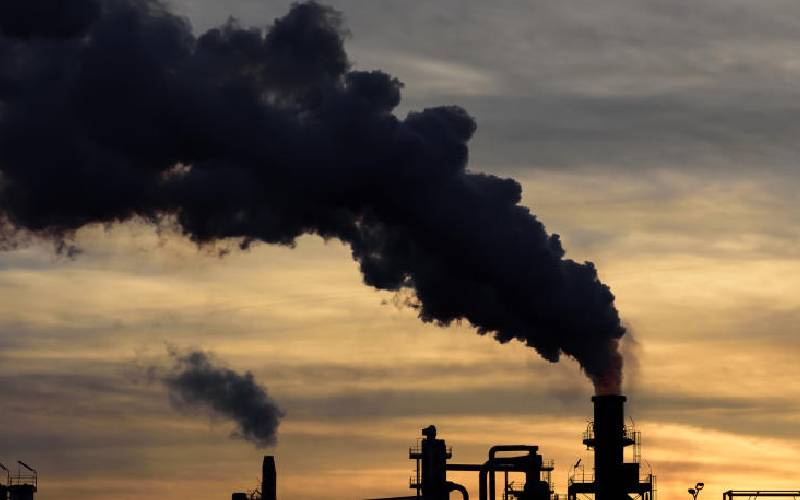×
The Standard e-Paper
Join Thousands Daily

Funding coal-powered projects in poor countries means dumping (by selling to the poor) coal. [Courtesy]
This is so applicable to the efforts to achieve Net Zero carbon emission as a long term strategy to manage climate change, alongside other resilience and adaptation measures.